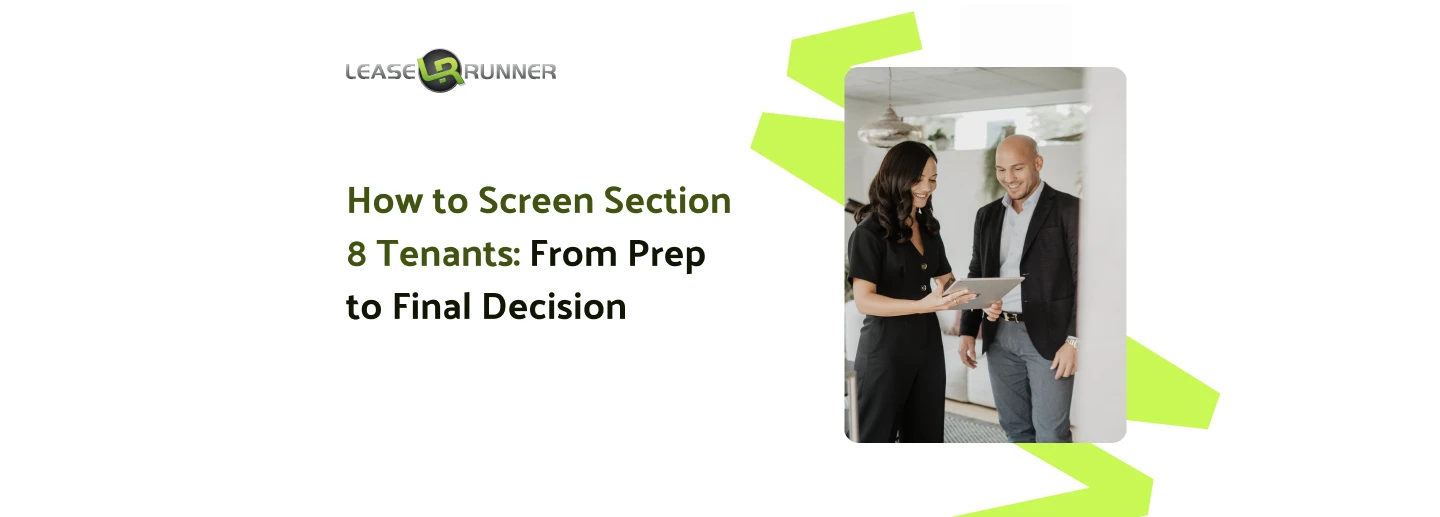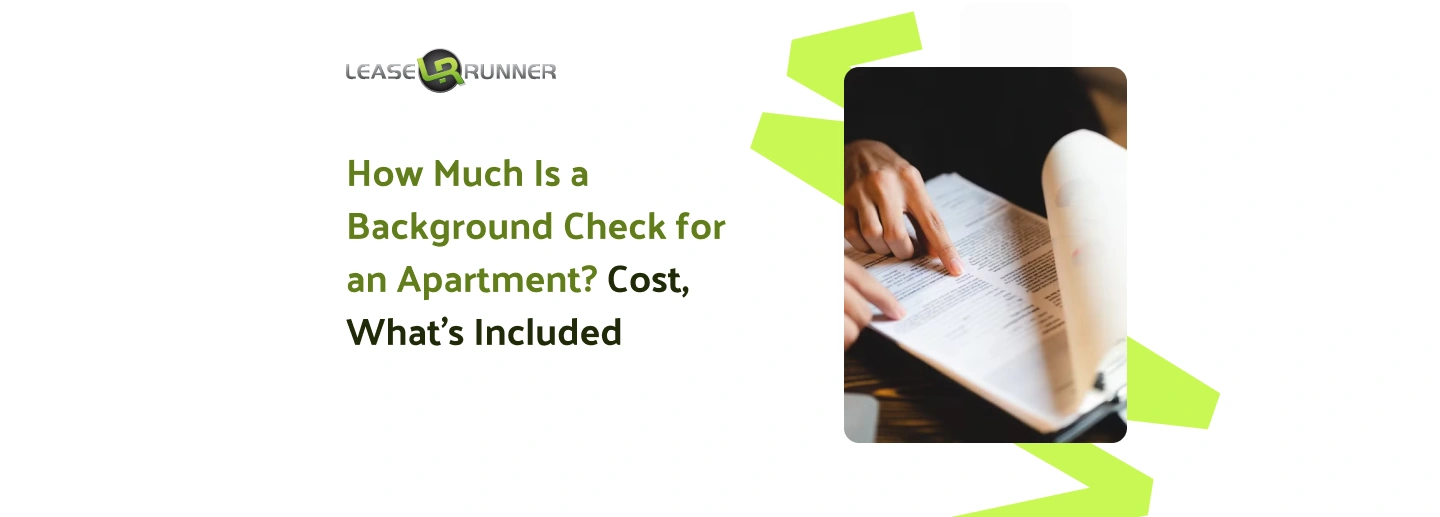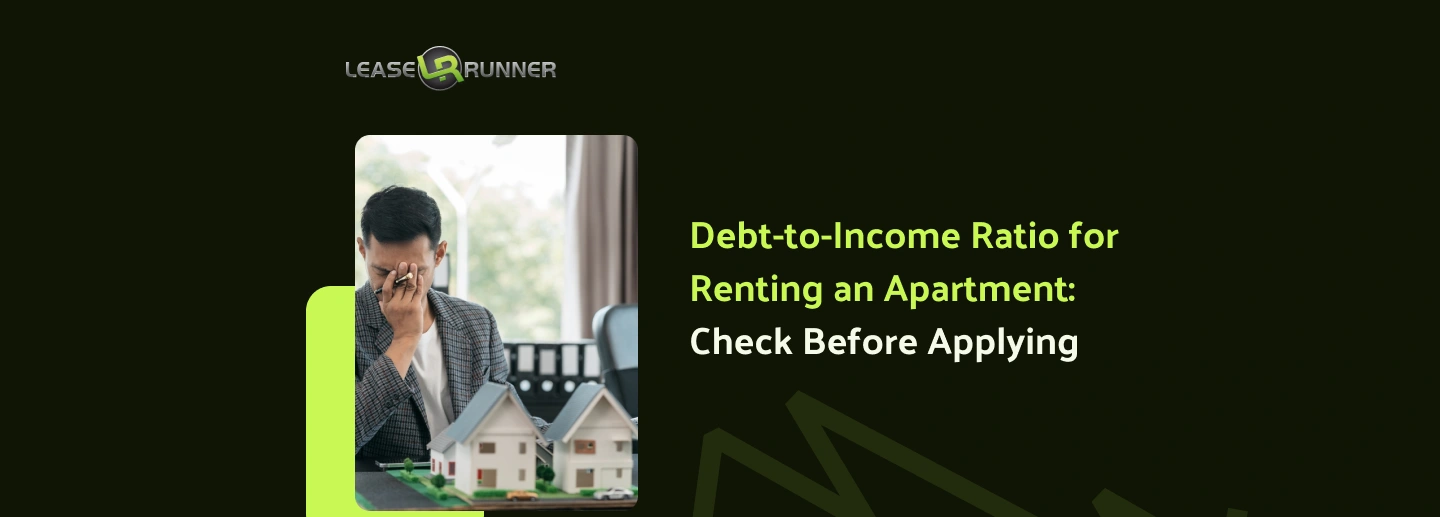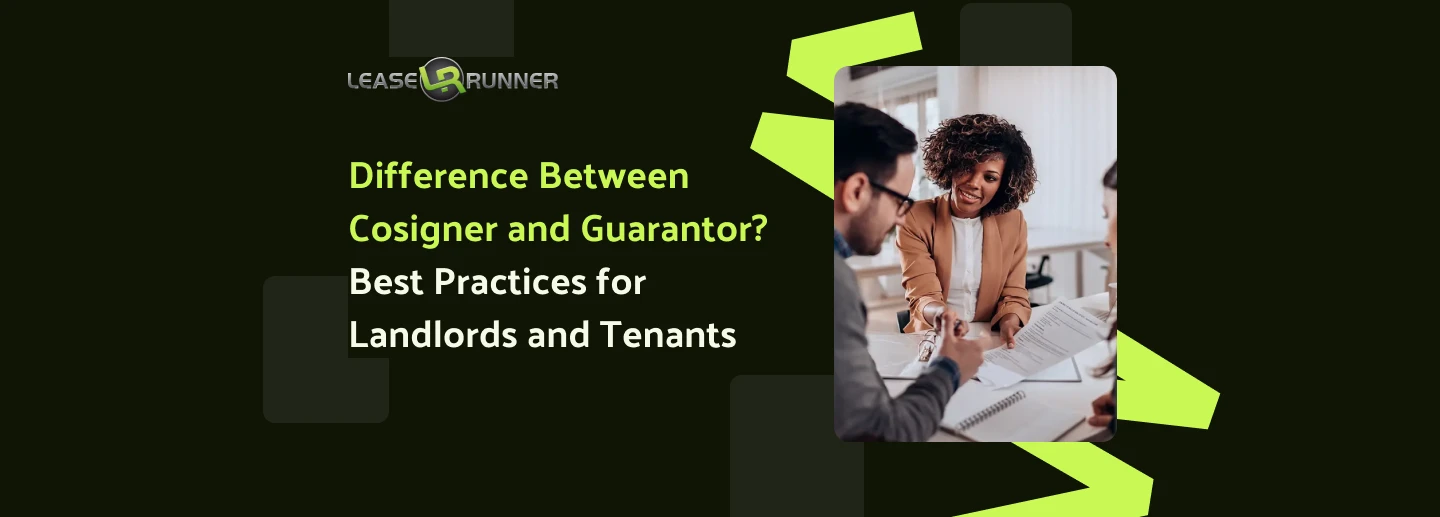For landlords, knowing how to properly screen Section 8 tenants is essential for finding reliable renters and protecting rental investments. Due to HUD regulations and voucher program specifics, the process involves unique considerations compared to conventional tenants.
This guide covers everything needed, from tenant qualifications to legal compliance. We help landlords understand HUD protocols, conduct thorough income verification, and use consistent screening criteria to choose good Section 8 tenants. Effective screening reduces vacancy, prevents payment delays, and builds lasting tenant relationships.

What Are Section 8 Tenants?
Understanding what Section 8 tenants are is the first step to better screening. Section 8 tenants are renters participating in the Housing Choice Voucher Program, a government initiative to help low-income individuals and families afford safe, decent housing. Instead of covering the full rent, the government picks up a significant portion, often 70% or more.
As a landlord, you likely have many Section 8 housing questions about the voucher process and your responsibilities before accepting these tenants. Section 8 tenants come from diverse backgrounds and must meet income and eligibility rules.
Each applicant supplies household size, pay stubs, employment verification, and proof of need. Vouchers can be used in approved Section 8 homes for rent in Seattle, WA, or anywhere in the country if the landlord participates. Some renters use project-based assistance (assigned to the unit), while others have portable vouchers (tenant-based, transferable between landlords).
For example, a family of four with an income under the local limit qualifies for a voucher that covers most of their rent at an approved landlord’s home. Helping such families becomes rewarding as you ensure a reliable and responsible tenant takes care of your property.
For landlords, it’s a win-win. You get access to a larger pool of tenants and, in many cases, a steady stream of rental income. You’re also helping to provide stable housing for people who need it most!.
Benefits of Section 8 Tenants
Landlords benefit significantly from accepting Section 8 tenants. Here’s why:
- Guaranteed Rent: The government pays a portion of the rent directly to the landlord, often covering up to 70% or more of the rent. This reduces the risk of missed or late payments.
- Lower Vacancy Rates: Since many Section 8 tenants are seeking long-term housing stability, they are often more committed to staying in the same place for a longer period.
- Pre-screened Tenants: Tenants who participate in the Section 8 program typically undergo an extensive background check by the local housing authority. Engaging in the public housing screening process means that landlords can expect tenants who are more stable and responsible.
- Legal Compliance: Following HUD screening guidelines for Section 8 promotes fair housing and minimizes legal liabilities.
- Government Support: Landlords benefit from a reliable payment system. The government often directly deposits rent payments, which is especially beneficial for those managing multiple properties.
What does a Section 8 background check include?
A key part of screening Section 8 tenants is understanding the thorough background check process. Familiarize yourself with the Section 8 background check requirements to ensure your screening process complies with HUD and local authority standards.
- Criminal Background Check: HUD requires considering felonies, violent crimes, and drug-related offences as part of the Section 8 criminal background check. The nature and timing of offences are evaluated per legal advice, Section 8 screening standards.
- Income Verification: Proper employment verification is critical for landlords to confirm tenants can meet rent obligations without delay. Many landlords require tenants to earn at least three times the rent to ensure affordability and reduce risk.
- Rental History: Applicants must provide references confirming no serious problems or evictions, supported by eviction records. If questions arise about past evictions, our guide on how to dispute eviction on tenant screening reports can help clarify and resolve inconsistencies.
- Household Size Verification: Ensures the voucher matches the family size to avoid exceeding rent limits.
- Credit Checks: While HUD doesn’t require credit screening, landlords often perform this to assess financial responsibility.
Understanding the Section 8 housing eviction process is essential for landlords to manage non-payment, lease breaches, and other tenant issues legally and fairly. This knowledge helps protect your property and ensures you comply with HUD regulations and tenant protections. One of the most effective ways to reduce the risk of eviction is by thoroughly screening tenants from the very beginning.
A complete portable tenant screening report, including eviction history and criminal background, helps landlords comply with fair housing Section 8 screening laws and make informed choices. Our guide on what a tenant screening report is explains how these pieces fit together.
How to Screen Section 8 Tenants in 8 Steps For Landlords?

A key part of screening Section 8 tenants is understanding the thorough background check process. It is part of the landlord's screening responsibility to apply consistent criteria and comply with fair housing laws when selecting Section 8 tenants. Here’s a comprehensive breakdown for landlords:
Step 1: Register as a Section 8 Landlord
The first step is to register your property with your local public housing authority (PHA). Descriptive detail and verification of your property information are required, along with agreeing to HUD standards and regulations. This registration shows that your unit is HUD eligible to accept Section 8 Vouchers and also allows you to be in compliance with HUD guidelines.
Step 2: Submit to a Property Inspection
The rental (unit) must also pass a Housing Quality Standards (HQS) inspection. The inspector will verify that the property meets safety, health, and maintenance standards, such as working smoke detectors and plumbing, and if heating is provided, it must be adequate. Respond as quickly as possible to deficient items, or you risk delays in rental assistance approval.
Step 3: Prepare a Standard Application
Develop a consistent application collecting detailed tenant information: income, employment, household size, previous landlord contacts, and consent for a background check. Clear, uniform criteria ensure fairness and legal compliance during screening.
Step 4: Collect a Complete Application
Require applicants to submit complete documentation, including the most recent pay stubs, employment verification, and IDs at the application. If important information is missing, this will slow down the process and may signal disorganization or unreliability.
Step 5: Run a Background Information Check
It is the landlord's essential responsibility to conduct thorough background checks. Understanding what a tenant screening report includes, from reviewing a tenant’s overall background to conducting a Section 8 criminal background check, looking at a credit report, verifying income with the most recent pay stubs, and checking rental and eviction history, is crucial.
However, the risk doesn’t stop with a bad tenant. Landlords also need to protect themselves from fraudulent applicants. This is why landlords need to learn how to spot a rental scam to protect their property from fraudulent applications.
Step 6: Interview the Applicant
Beyond paperwork, a solid character assessment during tenant interviews helps landlords identify trustworthy, reliable tenants. This step is interactive and helps determine if the tenant is honest and that the tenant understands what they are signing. Your relationship with the tenant as a landlord will be significantly impacted.
Knowing what questions you cannot ask a potential tenant ensures your screening process stays compliant with fair housing laws.
Step 7: Pass the Housing Quality Standards (HQS) Inspection
You will schedule the final inspection with the PHA to establish that the unit remains in compliance after the tenant has approved. The unit must pass this inspection prior to the tenant moving in. If you need to reject an application, sending a clear rental application denial letter helps maintain transparency and legal compliance.
Step 8: Sign the Lease and HAP Agreement
Finally, you will sign the lease with the tenant and the Housing Assistance Payments (HAP) contract with the PHA. The HAP contract gives authorization to fund the subsidy payments from HUD, and your work is done. Keep copies of all documents for compliance and record-keeping.
This detailed 8-step system helps landlords confidently navigate the nuances of how to screen Section 8 tenants while maintaining healthy, compliant rental operations. Review the latest HUD criminal background check requirements to comply with fair screening practices for Section 8 tenants.
How Long Does the Section 8 Background Check Take?

The Section 8 background check typically takes a few days to several weeks or months, depending on various factors. However, the full approval process, including waiting lists, interviews, and inspections, can take months or even years.
Factors influencing the background check timeline include:
- Completeness of Application: The quickest way to speed up the process is to submit a thorough, accurate application. Missing or incorrect information can cause delays, as the PHA staff must verify and correct any issues before moving forward.
- Third-party Verification: PHAs must verify information such as employment and rental history with previous employers and landlords. Slow responses from these third parties can hold up the process significantly.
- Criminal History: Applicants with extensive or complex criminal backgrounds will take longer to process. Minor or older offenses may be dismissed, but serious crimes, such as offenses requiring lifetime sex offender registration, can lead to automatic denial.
- PHA Workload: The volume of applications the housing agency handles impacts processing speed. During peak demand periods, delays become more common.
The full Section 8 journey includes more steps beyond the background check: waiting on a prioritized list, attending an eligibility interview, receiving the voucher, searching for housing, passing the Housing Quality Standards (HQS) inspection, and signing the lease and Housing Assistance Payment (HAP) contract.
Understanding how long does Section 8 background check takes helps landlords and tenants plan accordingly and avoid surprises. For faster screening, submitting complete applications early and communicating promptly with verifying parties are key steps to reducing wait time.
For more on typical timelines and how tenant screening factors in, see our resource on how long tenant screening takes
Do All Apartments Accept Section 8 Tenants? What Landlords Need to Know
No, not all landlords or apartment complexes are required to participate in the Section 8 program. Participation is voluntary; many private landlords choose not to accept Section 8 vouchers due to concerns over extra paperwork, inspections, or perceived administrative burdens.
However, some cities and states have enacted source-of-income laws that require landlords to accept Section 8 tenants to prevent discrimination and promote fair housing.
For landlords, Section 8 participation comes with specific responsibilities: maintaining HUD’s Housing Quality Standards (HQS), adhering to rent limits, and complying with inspection schedules. Although these requirements can add complexity, many landlords find that the guarantee of voucher payments and access to a larger pool of good Section 8 tenants outweighs the extra effort.
Tenants who know how to pass a background check for an apartment tend to submit more complete and accurate applications, helping landlords reduce processing delays and make informed decisions faster. This preparedness is crucial to a smooth leasing experience for both landlords and Section 8 tenants.
It’s essential for landlords to check local regulations regarding whether all apartments accept Section 8 before advertising to voucher holders. Understanding these rules helps landlords avoid unintentional violations of fair housing Section 8 screening guidelines.
Property Management for Section 8: Is It Worth It?
No, while it has many benefits, managing Section 8 properties is not always worth it for every landlord, as it depends on their personal financial goals and willingness to handle the program's specific challenges.
Pros:
- Guaranteed Rent Payments: The government reliably pays its share of rent, reducing income uncertainty for landlords.
- Strong Demand and Lower Vacancy: Renters are in demand for Section 8 housing, leading to less vacancy.
- Longer Tenancy: Voucher holders tend to stay longer, leading to lower turnover and less associated costs.
- More Efficient Screening: Programs like LeaseRunner make background checks, employment, and lease details easier to complete and manage, and quicker.
- Possibility of Remote Management: With guaranteed rent payments and fewer issues collecting rent, landlords can manage their properties from farther away.
Cons:
- Additional Compliance: Managing Section 8 rentals requires adhering to HUD standards, including regular Housing Quality Standards (HQS) inspections.
- More Paperwork and Red Tape: The program involves extra documentation and certifications compared to traditional rentals.
- Rent Limits: Rent prices are capped based on HUD’s fair market rent, which may be below market rates in some areas.
- Inspections and Possible Repairs: Annual or periodic inspections can require costly repairs to maintain compliance.
- Potential Delays: Despite guaranteed payments, occasional delays in payments can happen due to administrative processes.
So is it worth it? For landlords who want consistent cash flow and a stable tenant base, managing Section 8 rentals (or outsourcing it) can absolutely pay off.
Final Thoughts
Mastering how to screen Section 8 tenants is critical for landlords eager to maximize rental income while providing affordable housing. A clear, compliant screening process helps locate reliable and responsible tenants who align with your property goals.
With HUD's support and quality verification tools, landlords can confidently navigate the more detailed screening and inspection requirements. Use our tips, the practical tenant screening checklist, and trusted partners like LeaseRunner to create smooth, fair, and secure leasing for Section 8 tenants.
FAQs
Q1. What does HUD look for on your background check?
When screening Section 8 applicants, HUD-authorized housing authorities typically review:
- Criminal history, especially violent crimes, drug manufacturing, or crimes that could endanger property or neighbors.
- Previous evictions, particularly those tied to non-payment or lease violations.
- Sex offender status, which can be disqualifying in many jurisdictions.
- Rental history and any serious lease violations.
Q2. Does Section 8 check rental history?
Yes, Section 8 screening includes a review of rental history. This emphasizes evictions, lease violations, timely rent payment, and overall tenant behavior. Recent eviction for issues like non-payment or property damage can disqualify applicants for a period. Landlords verify this information with previous landlords and eviction databases as part of comprehensive tenant screening.
Q3. Do landlords still run their own background checks for Section 8 tenants?
Absolutely. Landlords conduct independent credit, criminal, and eviction checks in addition to HUD’s screening. Running their own checks helps verify applicant information, meet legal screening standards, and protect the property. It ensures tenants meet both HUD and landlord criteria.
Q4. What can you do if you fail a Section 8 background check?
If denied, applicants should request their screening report to identify errors. They can dispute inaccuracies with the reporting agency and provide additional documentation (e.g., proof of rehabilitation or explanation letters). Some housing authorities allow applicants to reapply after a waiting period or demonstrate changed circumstances.
Q5. Can you still qualify for Section 8 with bad credit?
Yes. While credit is reviewed, Section 8 programs focus more on income eligibility, rental history, and criminal background. Many landlords weigh positive rental references and stable income more than poor credit, especially since HUD covers a portion of the rent. Demonstrating reliability in other areas can help applicants qualify.







